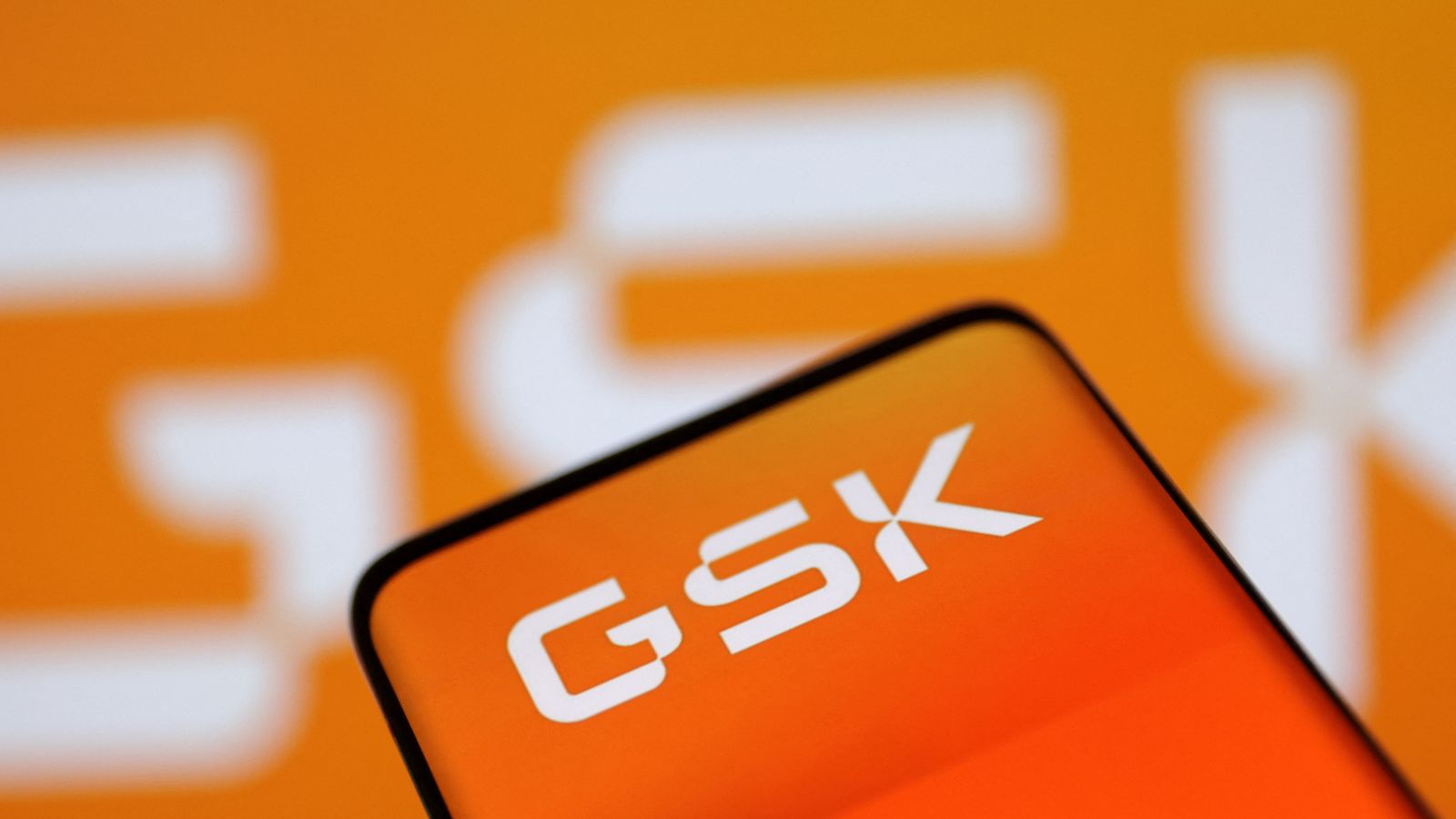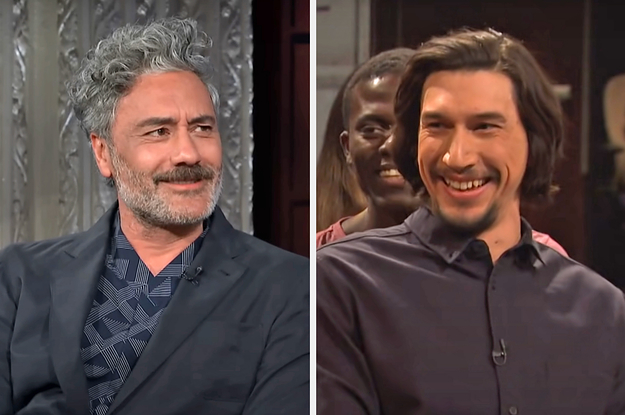It’s not very often that a FTSE-100 heavyweight sees its share price rise by as much as 13% in a day – but that happened today to the drugs giant GSK.
The share price rise was sparked by a court ruling in Florida that declared there was no reliable evidence that Zantac, once its best-selling drug, causes cancer.
Nearly 40 years on, it is perhaps difficult for some to remember what a wonder drug Zantac once was.
A star drug
Based on the compound ranitidine, which was developed by Glaxo – one of the two companies that created GSK – in 1976, it shot to stardom as a cure for heartburn and ulcers.
What was so remarkable about Zantac’s launch was how it was positioned in the market.
Sir Paul Girolami, Glaxo’s inspirational chief executive at the time, took the revolutionary decision to price it at a premium to Tagamet, the best-selling rival product when it launched, in defiance of received marketing wisdom. Glaxo’s renowned marketing team then did the rest – pointing out how it required fewer doses than Tagamet and generated fewer side-effects.
Era of cheap supermarket fuel has ‘gone’ as chains battle rising costs
Post Office scandal: Compensation scheme for postmasters unveiled by Grant Shapps
Pubs and restaurants cut menu items and substitute products as inflation pressures mount
First launched in the UK and Italy in November 1981 and in the United States in July 1983, Zantac became the world’s best-selling drug within five years, catapulting Glaxo from 25th in the ranking of global drug companies to second.
By the mid-1990s, it was accounting for more than half of Glaxo’s sales and a third of its annual profits, its benefits regularly discussed on top-viewed US TV shows like Oprah Winfrey’s.
In the City, where it had made Glaxo a mainstay of most investor portfolios, it was also hailed by traders as the ideal hangover cure – provided one took it before a big night out. At its peak, its sales were $4bn per year.
Zantac transformed Glaxo’s fortunes. For a time it made it the biggest company in the FTSE-100 and unleashed a formidable stream of cash that enabled the company to expand aggressively in the US, then as now the world’s most important pharmaceutical market, as well as investing in research and development facilities around the world.
But by 1995, Zantac’s patent protection was starting to fall away in some territories, while rival products such as Losec, developed by UK rival Zeneca (now part of AstraZeneca), ate into its market share.
In January that year, Glaxo announced that Zantac sales were falling for the first time since its launch, although the news was rather overshadowed that day by the launch of a takeover bid for its rival Wellcome.
Following the loss of its patent protection, GSK subsequently developed an over-the-counter version of Zantac in a joint venture with Warner Lambert, a US drugmaker that subsequently bought GSK out of the partnership. It was later bought in 2000 by Pfizer which, in turn, sold its over-the-counter business in 2006 to the US drugmaker Boehringer Ingelheim. It sold on that business again in 2017 to the French drugs group Sanofi.
Cancer scares
Little thought was subsequently given to Zantac until, in September 2019, French healthcare officials ordered generic (copycat) versions of the drug to be withdrawn from sale amid concerns that ranitidine contained a carcinogen.
The US Food and Drug Administration launched an investigation and shortly afterwards Sanofi withdrew Zantac from sale.
American law firms, never slow to chase a passing ambulance, began sniffing around and, in August this year, lawsuits began being filed.
Estimates that potential pay-outs to plaintiffs – who had to prove that they had been prescribed or had bought the drug and taken it for more than a year, only to be diagnosed with cancer within 20 years of their last taking the drug – began to circulate of around $40bn.
This hit shares not only of GSK, but also those of Pfizer, Boehringer and Sanofi. Haleon, the Sensodyne-to-Panadol consumer healthcare group spun out of GSK this summer, was also caught in the crossfire despite arguing it had never sold Zantac in the US.
So last night’s ruling by US district judge Robin Rosenberg in West Palm Beach, during which she dismissed around 50,000 federal claims, has come as a huge relief to all of those companies.
They appear to have won pretty comprehensively.
In her ruling, Judge Rosenberg said: “There is no scientist outside this litigation who concluded ranitidine causes cancer, and the plaintiffs’ scientists within this litigation systemically utilised unreliable methodologies with a lack of documentation on how experiments were conducted, a lack of substantiation for analytical leaps, a lack of statistically significant data, and a lack of internally consistent, objective, science-based standards for the even-handed evaluation of data.”
Case not entirely closed
GSK and the others are not completely off the hook yet. There are still thousands more cases set to come before state courts across the US – although GSK today vowed to “continue to defend itself vigorously, including against all claims brought at the state level”.
Perhaps the most relief will be felt at Haleon. Its investment attractions have been blighted by these legal cases for almost its entire existence as a stand-alone company.
It in particular will be hoping investors will now be reappraising its prospects.








